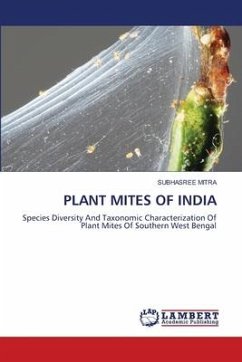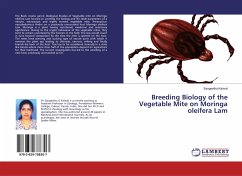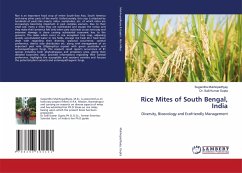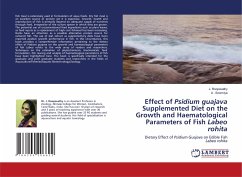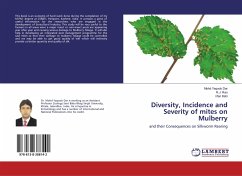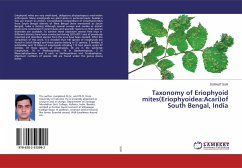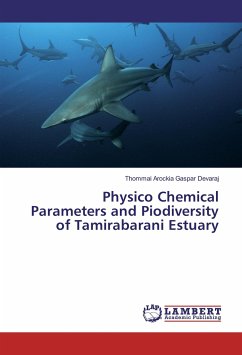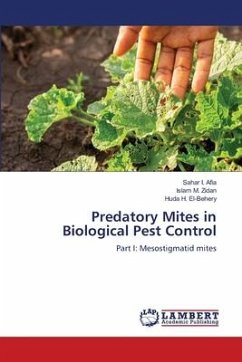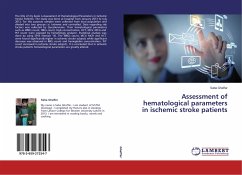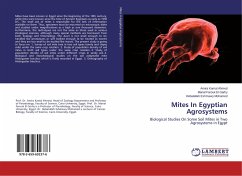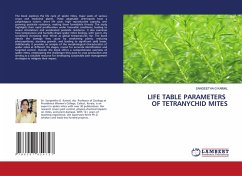
LIFE TABLE PARAMETERS OF TETRANYCHID MITES
Versandkostenfrei!
Versandfertig in 6-10 Tagen
40,99 €
inkl. MwSt.

PAYBACK Punkte
20 °P sammeln!
The book explores the life cycle of spider mites, major pests of various crops and medicinal plants. These adaptable arthropods have a polyphagous nature, short life cycle, high reproductive capacity, and growing pesticide resistance, making them formidable threats. The study highlights their rapid proliferation under favorable conditions, leading to severe infestations and accelerated pesticide resistance. It also examines how temperature and humidity shape spider mites' biology, with warm, dry conditions increasing their threat as global temperatures rise. The book details the damage they ca...
The book explores the life cycle of spider mites, major pests of various crops and medicinal plants. These adaptable arthropods have a polyphagous nature, short life cycle, high reproductive capacity, and growing pesticide resistance, making them formidable threats. The study highlights their rapid proliferation under favorable conditions, leading to severe infestations and accelerated pesticide resistance. It also examines how temperature and humidity shape spider mites' biology, with warm, dry conditions increasing their threat as global temperatures rise. The book details the damage they cause by weakening plants, reducing photosynthesis, stunting growth, and leading to significant yield losses. Additionally, it provides an analysis of the morphological characteristics of spider mites at different life stages, crucial for accurate identification and targeted control. Overall, the book offers a comprehensive overview of spider mites, emphasizing the challenges they pose to cropproduction and serving as a valuable resource for developing sustainable pest management strategies to mitigate their impact.





